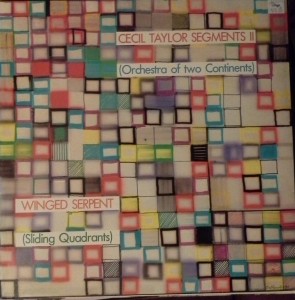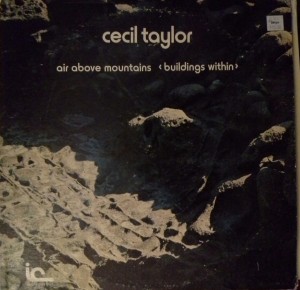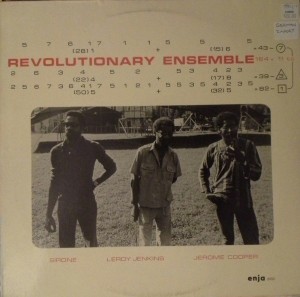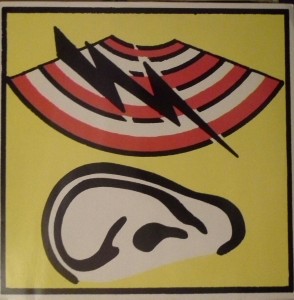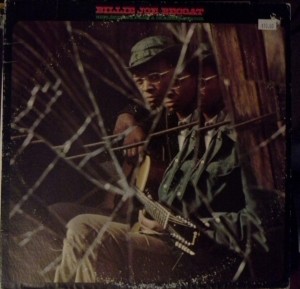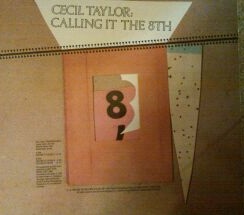Tag Archives: Cecil Taylor
Calling it the 8th
Cecil Taylor has long been one of my favorite pianists. I’ve seen him perform at the Library of Congress in Washington D. C., Quebec, Canada, and in San Francisco. I already had a copy of this record on CD, but when I found the LP version at Criminal Records in Atlanta I just couldn’t resist. I mean, it’s not really collectable to own something on CD in my opinion and any Cecil Taylor record with Jimmy Lyons on it is classic stuff. It contains the original postcard insert with a picture of Mr. Taylor. Here’s What All Music had to say about it:
Recorded live in West Germany in 1981, THE EIGHTH is an aptly named Cecil Taylor concert. Listened to casually (though it’s hard to imagine this music listened to casually), one hears four virtuosi–Taylor on piano, Jimmy Lyons (alto sax), William Parker (bass), and Rashid Bakr (drums)–playing maelstroms of dense music. Closer listening reveals symphonic ambition, mystical leanings, and the magic of numbers. The eighth can also refer to an octave, one of Taylor’s favorite intervals.
The opening hour-long piece starts with a ritual: hands drum the outside of the Bosendorfer piano as voices shout/sing in the background. As in almost all Taylor compositions, the players quickly bring themselves to a point of no reserve. Lyons and Taylor spin and flutter notes over Parker and Bakr’s shifty rhythms. Although there are some striking moments (Cecil plays an avant-garde ragtime to a bell) the piece never really sheds the formality that its name implies.
The second piece, 10 minutes long, opens with references to 19th-century music. Within a few minutes, the players transform themselves into a tornado, wrecking all pretense and making full-blown and satisfying music. The opening motifs return, this time with a humorous, gospel slant.




